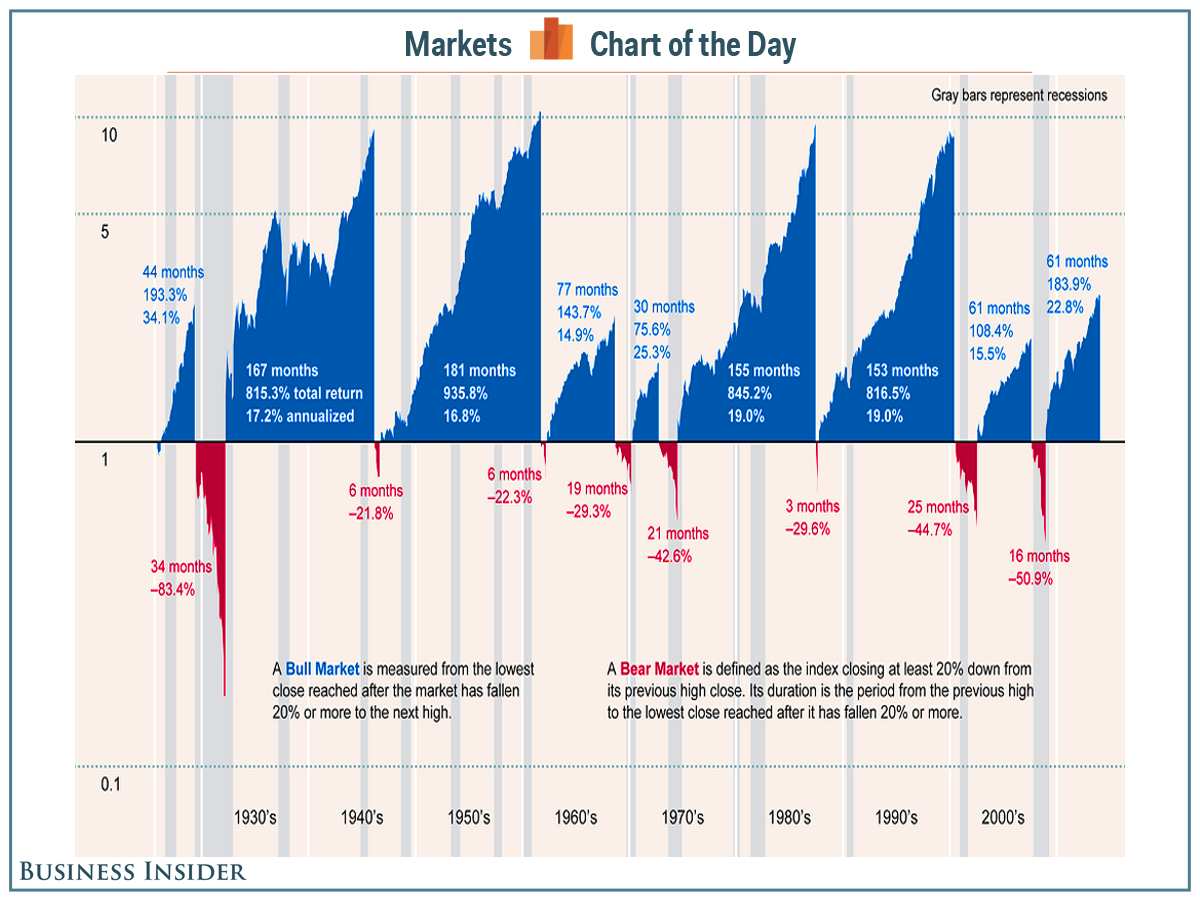Investing facts from veteran financial educator about bear markets
U.S. stocks closed sharply lower on Monday, with the $S&P 500 Index(.SPX.US$ entering a bear market for the first time since 2020. Financial markets continued to feel the pain of the Fed's accelerated interest rate hike. Paul A. Merriman, retired founder of Merriman Wealth Management, provided the following facts about bear markets, along with his advice: Keep your expectations in check, be patient, and take the long view.
Here are things this veteran thinks every investor should know about bear markets:
1. What is a bear market? It's sometimes used around loosely. The generally agreed definition is: A bear market is a downturn of 20% or more, lasting more than 60 days, in any broad equity index such as the $Dow Jones Industrial Average(.DJI.US$, the S&P 500, or the $Nasdaq Composite Index(.IXIC.US$.
2. If the 20%-plus downturn lasts less than two months, it's considered a correction rather than a bear market.
3. When investors lose faith in the market as a whole, a bear market will be triggered. The demand for stocks will plunge badly.
4. Bear markets are normal but not predominant. Over the past 200 years, the stock market has risen more than it has declined. They only account for some pretty unpleasant minority of the history of the market--- it's especially hazardous to those who fail to prepare.
5. Since 1929, the U.S. stock market has experienced 25 bear markets, an average of one every 3.4 years. Those 25 bear markets lasted, on average, for 10 months.
6. The most recent bear market, excluding the short-lived 2020 correction, ended in March 2009.
7. Bear markets can be relatively mild or quite harsh. The average bear-market loss was 35%. The smallest loss was 21% in 1949. The worst bear market happened from November 1931 to June 1932, causing a drop of 62%.

8. The bear's bite isn't as bad as these numbers make it seem. The returns cited here were computed without taking reinvested dividends into account. That means the losses were actually slightly less, offset by dividends.
9. Just as a bear market can scare off investors, a prolonged bull market can lead investors to think that market risk is nothing but an outmoded concept. Early in 2000, after nearly 13 years of a bull, millions of investors were stunned when a serious downturn began in the spring.
10. There's one guaranteed way to shield yourself from the bear bite: Don't ever invest in equities. However, this protection has a high cost: You'll also miss the gains from bull markets.
11. A smarter way to protect your assets is to diversify among many equity asset classes, including stocks, ETFs, bonds and commodities, etc.
13. Although this sounds counterintuitive as it can be, young people should welcome the bear. Young investors need the long-term growth that results from buying stocks when they are less expensive so they can (eventually) sell them when they're worth much more. A bear market provides a good opportunity to scoop some stocks at a lower price.
14. New retirees, on the other hand, should be particularly wary of the bear market. A good chunk of your life saving, along with your confidence in equity investment, might get robbed after you have lost much of your ability to replace them.
Source: MarketWatch, Business Insider
Disclaimer: Moomoo Technologies Inc. is providing this content for information and educational use only.
Read more
Comment
Sign in to post a comment

cmarkboy : Good insights; thanks for sharing. I believe this may be the final bear market of the old economic order before it is replaced by a new economic order in the near future. I think this current bear market may be here to stay for quite a while, so I do not think it will be simply a correction, but I could be wrong.
Abeyax : Tanks
willieslee : I guess I'm gonna lose all of my money if the market don't turn... I got stuck out there holding the torch and I lost a lot of money...
killer-Mil845 : Right tho